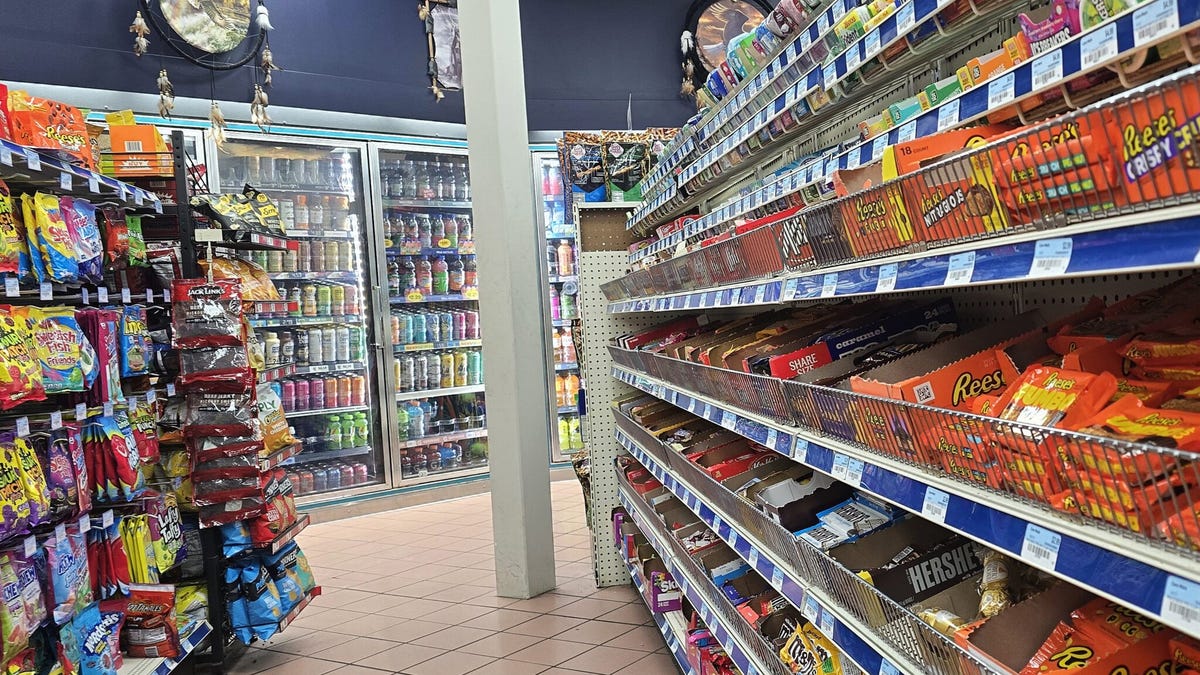Share this article paywall-free.
Aware of the disastrous impacts of climate change and fearing more on the horizon, much of the country and the world are moving as quickly as possible away from fossils fuels.
North Dakota, on the other hand, has gone all in on oil and coal, spending hundreds of millions to benefit the industries that return thousands of jobs and billions of dollars in tax revenue.
It may eventually turn out long term to be the wrong choice, but with that choice long since made, the state has an obligation – a global duty – to find ways to offset the climate change impacts of its energy production.
Our leaders have decided that carbon capture will be a primary focus in meeting that obligation, and they’re making good on that plan. Red Trail Energy at Richardton has a CO2 injection well in operation, and Blue Flint Energy has been approved for a project at the former Coal Creek station near Underwood. State Mineral Resources predicts six will be in operation by this time next year.
People are also reading…
That goal is threatened, though, by folks who appear more concerned with their own backyards and pocketbooks than the state’s global responsibility.
They are showing up in earnest in opposition to the Midwest Carbon Express pipeline, a plan of Summit Carbon Solutions to gather up 12 million tons of CO2 from 31 ethanol plants in five states and send it through pipelines to be sequestered at an underground storage facility in western North Dakota.
The project is well underway, but an apparently well-funded and vocal group of folks, many of them who no doubt appreciate the jobs and tax revenues provided by fossil fuels, are fighting the proposed pipeline tooth and nail.
To be fair, these developers, home builders, politicians and homeowners don’t seem to oppose the pipeline in general, they just don’t want it to be close to places where they live or where they might enrich their businesses with new housing development and construction.
In other words, they don’t mind if the pipeline impacts someone else, they just don’t want it to impact them.
That’s classic NIMBYism — having your cake and eating it too. It doesn’t, or shouldn’t, work that way.
There is, of course, some degree of pipeline opposition in all five states where the pipeline would run – Nebraska, Iowa, Minnesota, South Dakota and North Dakota. Most of it comes from environmentalists who don’t want to encourage any form of fossil fuel production, or landowners who worry they won’t be adequately compensated for leases or fear potential pipeline accidents.
There’s some of that in North Dakota, too, but the vocal opposition is now rising from homeowners, developers, home builders and local government leaders in the Bismarck area who argue the pipeline route through the future urban sprawl area northeast of the city would affect more people than a route somewhere else.
If the pipeline would threaten or devalue their property, it would do likewise to property along an alternative route.
In either case, if we want to benefit from the upside of coal and oil development in our state we must also be prepared to accept the downside without passing it off to someone else.
This is not to support or oppose the Midwest Carbon Express pipeline, but to recognize the inherent fallacy the Not In My Backyard phenomenon that shows up whenever big projects appear to affect some people more than others.
The pipeline route was proposed long ago as the most efficient route that would meet the federal siting and setback requirements. Now, Bismarck-area opponents want to send the route in a different direction, and have pressured the city, county and school leaders to advocate for either choosing a different route or delaying a decision until new federal rules are adopted.
Meanwhile, Summit Carbon Solutions has quietly and without fanfare reached voluntary easement agreements with landowners covering nearly 70% of the North Dakota route.
That’s likely the case, at least in part, to understanding the concept that if we choose to produce carbon, we also need to be prepared to get rid of it.
North Dakotans who believe we should focus on energy that doesn’t produce carbon can reasonably argue against a pipeline that brings it to a burial ground.
But those who like the jobs and taxes provided by coal and oil need to be part of the solution, not just expect someone else somewhere else to bear that burden.
Steve Andrist, Bismarck, is co-chair of the North Dakota News Cooperative and former executive director of the North Dakota Newspaper Association.







































